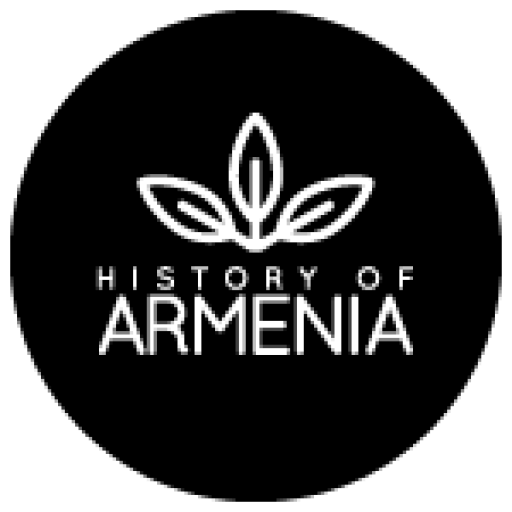Heraclius c. 575 – February 11, 641 was a Byzantine Emperor from 610 to 641. Heraclius is credited for saving the Christian world from Barbarian invasions.
Heraclius was the eldest son of Heraclius the Elder and Epiphania, possibly of an Armenian family from Cappadocia, probably of Arsacid descent. Beyond that, there is little specific information known about his ancestry. His father was a key general during Emperor Maurice’s war with Bahrām Chobin, usurper of the Sassanid Empire, during 590. After the war, Maurice appointed Heraclius the Elder to the position of Exarch of Africa.
He was responsible for introducing Greek as the Eastern Empire’s official language. His rise to power began in 608, when he and his father, Heraclius the Elder, the exarch of Africa, successfully led a revolt against the unpopular usurper Phocas.

Heraclius’s reign was marked by several military campaigns. The year Heraclius came to power, the empire was threatened on multiple frontiers. Heraclius immediately took charge of the ongoing war against the Sassanids. The first battles of the campaign ended in defeat for the Byzantines; the Persian army fought their way to the Bosphorus; however, because Constantinople was protected by impenetrable walls and a strong navy, Heraclius was able to avoid total defeat. Soon after, he initiated reforms to rebuild and strengthen the military. Heraclius drove the Persians out of Asia Minor and pushed deep into their territory, defeating them decisively in 627 at the Battle of Nineveh. The Persian king Khosrau II was overthrown and executed by his son Kavadh II, who soon sued for a peace treaty agreeing to withdraw from all occupied territory. This way peaceful relations were restored to the two deeply strained empires.
However, soon after his victory, he faced a new threat, the Muslim invasions. Emerging from the Arabian Peninsula, the Muslims quickly conquered the Sassanid empire. In 634 the Muslims invaded Roman Syria, defeating Heraclius’ brother Theodore. Within a short period of time, the Arabs would also conquer Mesopotamia, Armenia, and Egypt.
Heraclius entered diplomatic relations with the Croats and Serbs in the Balkans. He tried to repair the schism in the Christian church in regard to the Monophysites by promoting a compromise doctrine called Monothelitism. The Church of the East (commonly called Nestorian) was also involved in the process. Eventually, however, this project of unity was rejected by all sides of the dispute.
Looking back at the reign of Heraclius, scholars have credited him with many accomplishments. He enlarged the Empire, and his reorganization of the government and military were great successes. His attempts at religious harmony failed, but he succeeded in returning the True Cross, one of the holiest Christian relics, to Jerusalem.
In Islamic and Arab histories Heraclius is the only Roman Emperor who is discussed at any length. Owing to his role as the Roman Emperor at the time Islam emerged, he was remembered in Arabic literature, such as the Islamic hadith and sira.
Sources:
- Treadgold 1997, p. 287.
- Sasanian Dynasty”. Encyclopædia Iranica. 20 July 2005. Retrieved 17 August 2013.
- Kaegi 2003, pp. 24 – 25.
- Seleznyov N.N. “Heraclius and Ishoʿyahb II”, Simvol 61: Syriaca-Arabica-Iranica. (Paris-Moscow, 2012), pp.280-300.
- El-Cheikh 1999, p. 7

